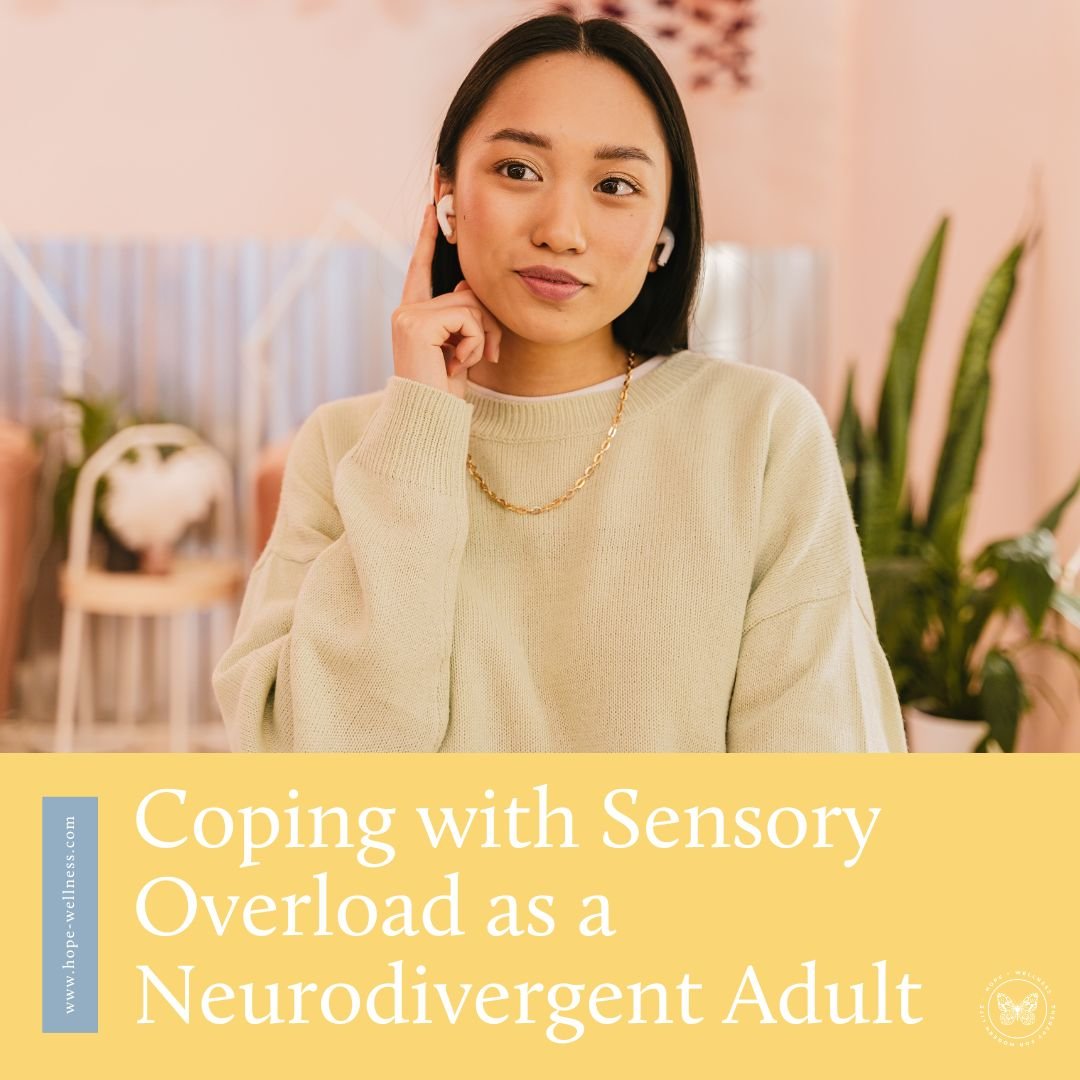Setting Boundaries: Why You Should & What to Say
What is a boundary?
A boundary is something that is used to protect your mental, emotional and physical energy. They are “bounds” we put on ourselves within different relationships to make it clear “hey this is my limit! That’s all I can handle before I need to rest/recharge/spend time alone/etc.” Boundaries are not punishments we use to keep people away from us. In fact, they kind of operate as the opposite! When we have healthy boundaries, we’re able to show up much more fully in our relationships–which will bring us closer to the people in our lives, not further away.
There are several areas in our lives where boundaries are useful. These include:
Material: AKA your things. What is yours? What’s to share? What is sacred/special to you? How do you share? (can people take and let you know, do you want them to ask permission first, etc.)
Relational: AKA your interactions with others. This involves determining what’s appropriate in your different relationships. How personal are you within each relationship? How much of your time/energy/etc are you willing to devote within relationships? Who will you go out of your way for? Who can just pop over to your house? Who do you feel comfortable loaning money to? What forms of communication outside of in-person are you comfortable with? Do you have boundaries on who you follow/interact with on social media? Who are you comfortable sharing your address with?
Physical: AKA your space & body. This would be things like who comes over to your house, who is allowed in your bedroom, who has your address. It also of course includes boundaries regarding your body, like who can touch you, when you’re open to being touched by others, how you’re comfortable being touched, your personal space, etc. These boundaries are all about how people can behave around you and in your space.
Time: AKA your time–how do you want to use it? When you have obligation-free time, how much of that is devoted to social time, and how much is devoted to alone time? This can also cover how you tend to prioritize when hard choices come up and you can’t balance everything like you thought you could. For example, if something comes up that makes two obligations conflict with one another, how will you decide which to skip/reschedule/etc.?
Emotional: AKA your emotions -- how do you separate your feelings from that of another person’s? How will you take responsibility for your own emotions versus that of another’s? Or avoid letting another person’s feelings influence or dictate your own?
Setting boundaries isn’t just deciding on your own limits and operating under the assumption that everyone will learn them as you go.
They are things that require clear communication in order to work! While the boundaries you set might be clear and obvious to you, you’re a unique person! What makes sense to you might not be what makes sense to someone else. When you’ve decided on a boundary, make sure you communicate it to the relevant people so that everyone has the opportunity to honor the boundary.
Setting boundaries also often means needing to reinforce them.
Whether intentionally or not, boundaries get violated sometimes! If someone slips up and crosses a boundary you’ve set, try to give them the benefit of the doubt. We all get a little scatterbrained sometimes, they may have momentarily forgotten the boundary you set with them. Just gently remind them of it, and let them know it’s something very important to you.
Because discussing boundaries can make us feel so vulnerable, some of us have a tendency to react drastically when they are violated. There can be an urge to cut people off automatically–an attitude of “if they can’t respect my boundary they can’t be in my life.” Which is appropriate when a boundary has been repeatedly ignored or violated! However, if it’s the first time it’s happening, it likely was not done out of malice. Address the issue directly, and move on if there is no improvement.
Below are some examples of ways you can begin conversations about boundaries:
Setting boundaries:
“I’m open to you just dropping by, but please just text me when you’re on your way so I have a little notice. I want to be more flexible because I know it’s important to you but I will feel less anxious if I have a small amount of structure or routine.”
“There are a few groceries I paid for separately–please ask me before you use them, I bought them as a special treat for myself. Everything else we can share as usual.”
“Please ask me before you borrow my clothes. I’m happy to lend them to you, but sometimes I have plans and I want to wear certain things, so just ask me if I need the piece before you borrow it.”
“I’m not in a spot where I can loan you money right now, but I’d like to support you any other way I can. Is there anything else I can help take off of your plate while you manage this problem?”
“I’m happy you feel comfortable around me, but I’m not ready to move forward in our relationship yet. I’d like to go on a few more dates before kissing/going back to your place/labeling the relationship.”
“I appreciate the invite! Since it’s last minute, I’ve already made plans with myself, but I’d like to see you sometime soon! When’s the next time you’ll be free for lunch?”
Reaffirming boundaries:
“I just want to remind you to please not discuss diets with me. I don’t find it appropriate for the workplace. If it’s going to be a topic of conversation please let me know so I can remove myself from the area.”
“I’ve enjoyed dating you but if I have to keep reminding you to slow down like we’ve discussed, I can’t continue seeing you.”
“I just want to remind you that I don’t answer work calls/emails after X. You can leave me a message, and I’ll get back to you when I’m back in the office!”
“I’m a little frustrated because I’ve mentioned this several times before. If you continue to violate this boundary, I’m going to have to do what’s best for me and not spend time with you anymore.”
“I’ve told you before I’m not comfortable with that, please stop asking me.”
“Hey, just wanted to remind you that the groceries I marked and put away separately were ones I bought specifically for myself. I know we usually share, so I understand if you forgot! Just going forward if you could not eat those specific items I would really appreciate it.”
If you need support setting and communicating your boundaries, we can help. Our clinicians are trained in evidence-based treatments that can help change the way you treat yourself. Get in touch today to book a session!









Health anxiety is distressing while you're waiting for a diagnosis or other results. Here's how you can cope.